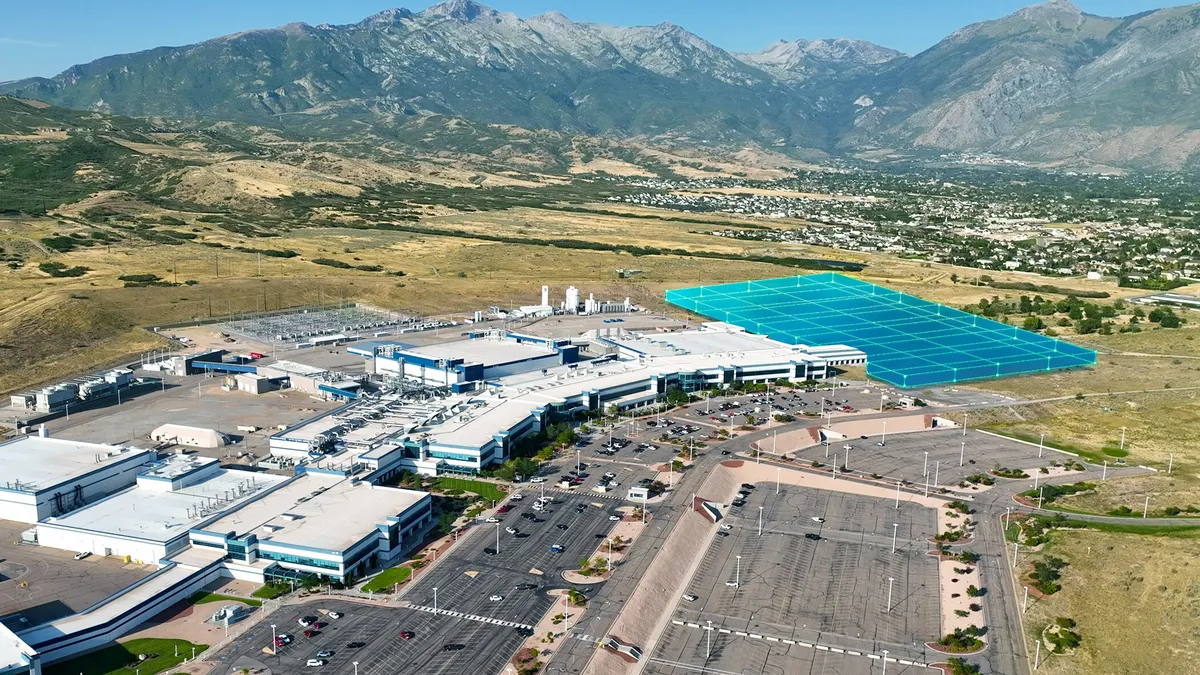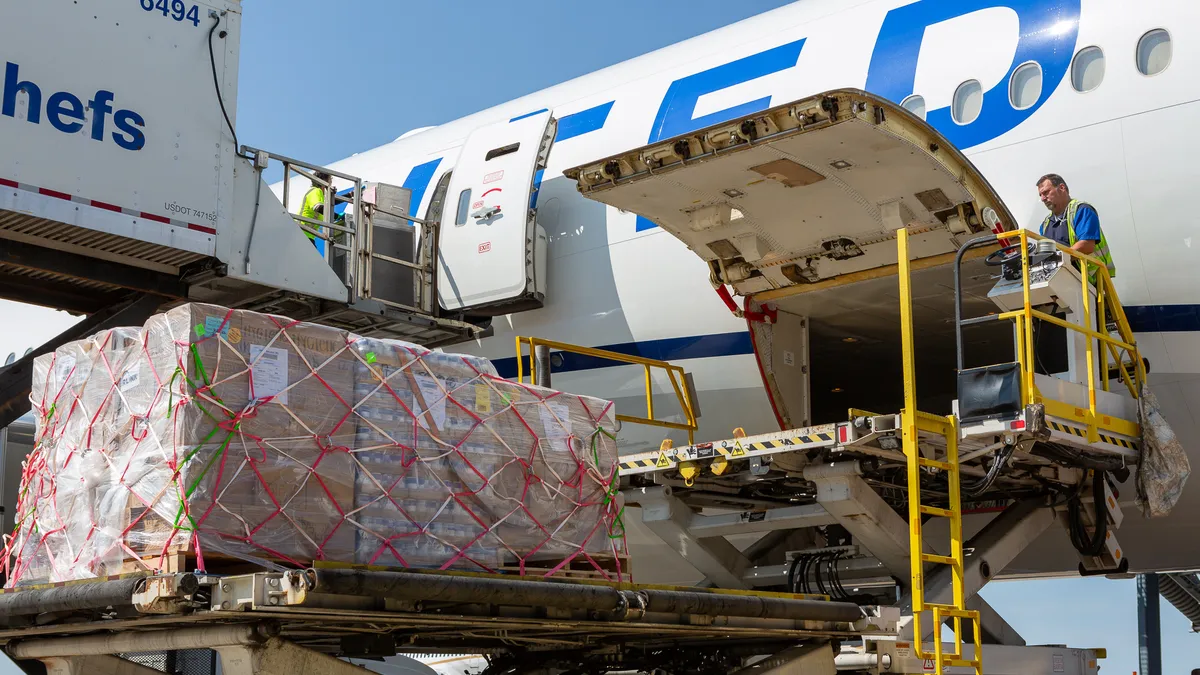Dive Brief:
- Texas Instruments, a Dallas-based semiconductor manufacturing company, plans to invest $11 billion to extend its semiconductor wafer fabrication plant in Lehi, Utah, according to a company press release.
- TI expects construction of a new fabrication facility adjacent to the current one to begin in the second half of this year, with production beginning as early as 2026, according to the report.
- “With the anticipated growth of semiconductors in electronics, particularly in industrial and automotive, and the passage of the CHIPS and Science Act, there is no better time to further invest in our internal manufacturing capacity,” said Haviv Ilan, TI executive vice president and chief operating officer, in the release.
Dive Insight:
The announcement marks the largest economic investment in Utah history, according to the release.
The new fab will be located next to the company’s existing semiconductor wafer fab in Lehi. TI acquired that plant in October 2021 from Micron, a Lehi-based semiconductor manufacturing company.
Once completed, the two plants will operate as a single fab, according to the company.
The plant will manufacture tens of millions of analog and embedded processing chips daily that will enter electronics markets worldwide. The expansion project will also create approximately 800 additional TI jobs as well as “thousands of indirect jobs,” according to the release.
The project aims to achieve LEED Gold certification. For instance, plans include recycling water at nearly double the rate of the existing Lehi fab, according to the release.
That’s because large chip fab plants can use up to 10 million gallons of water a day, equivalent to the water consumption of roughly 300,000 households, according to Gradiant, a Woburn, Massachusetts-based water solutions provider.
Texas Instruments also has another mega construction project underway in the U.S..
The semiconductor company broke ground in May on its estimated $30 billion facility in Sherman, Texas, with production on that project expected to start in 2025. That investment marked the largest private sector investment in Texas history, according to the company.















